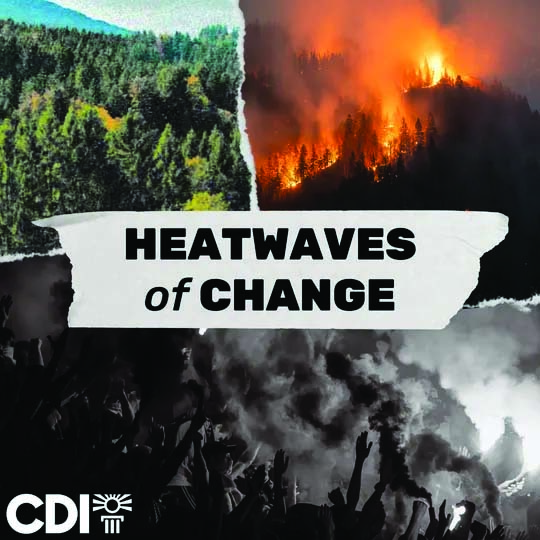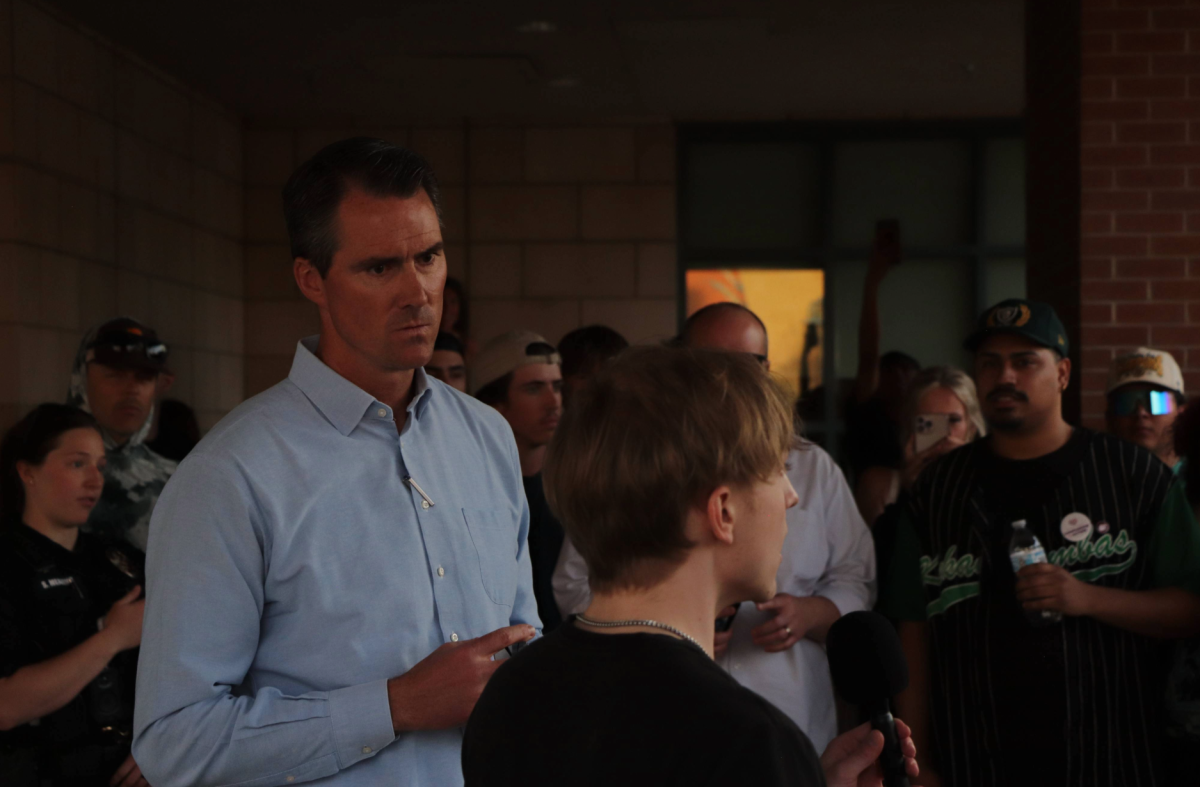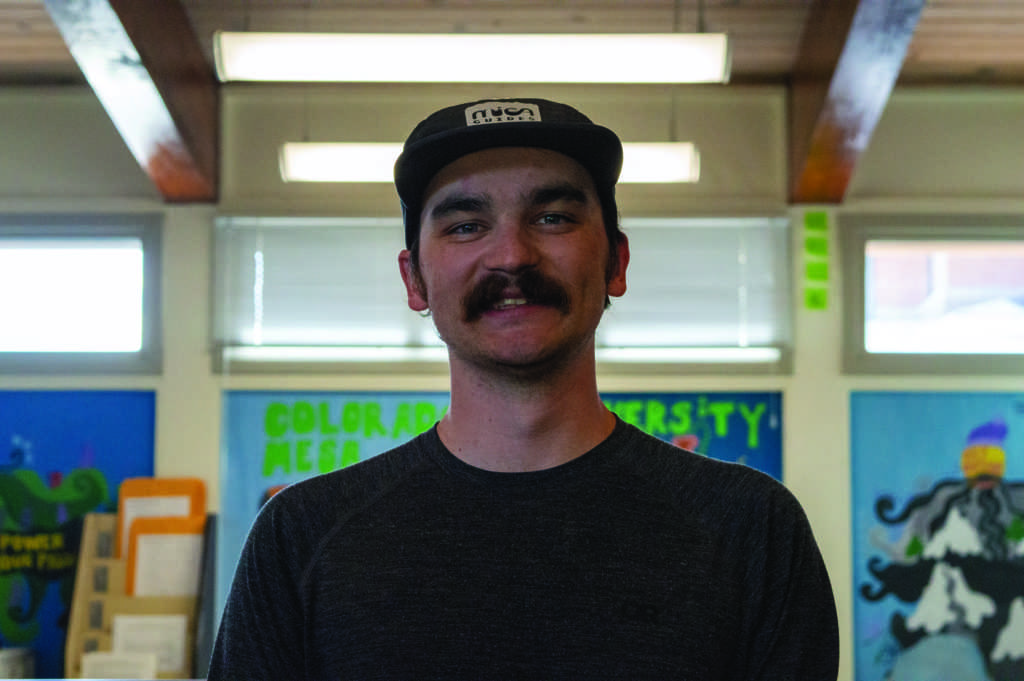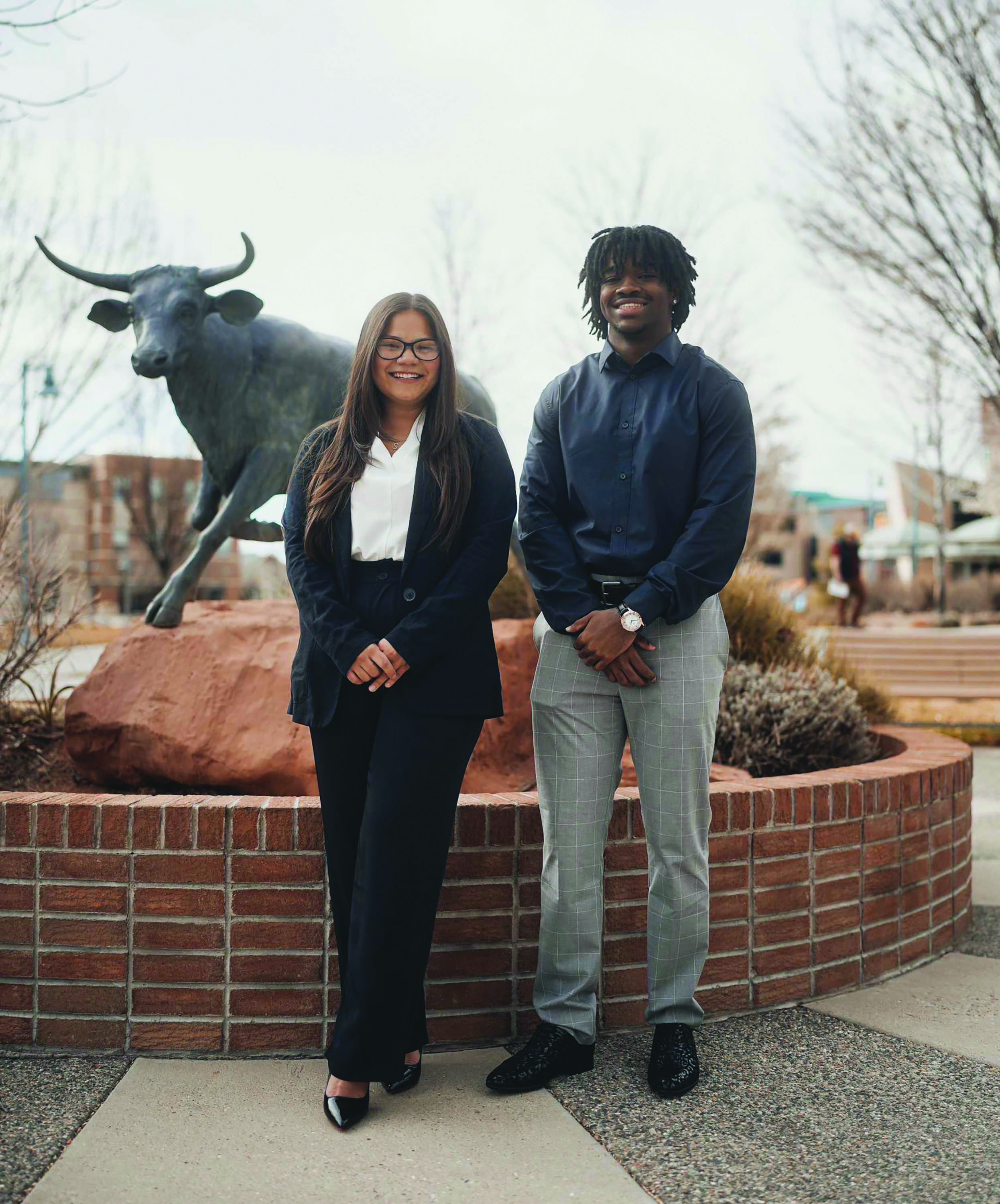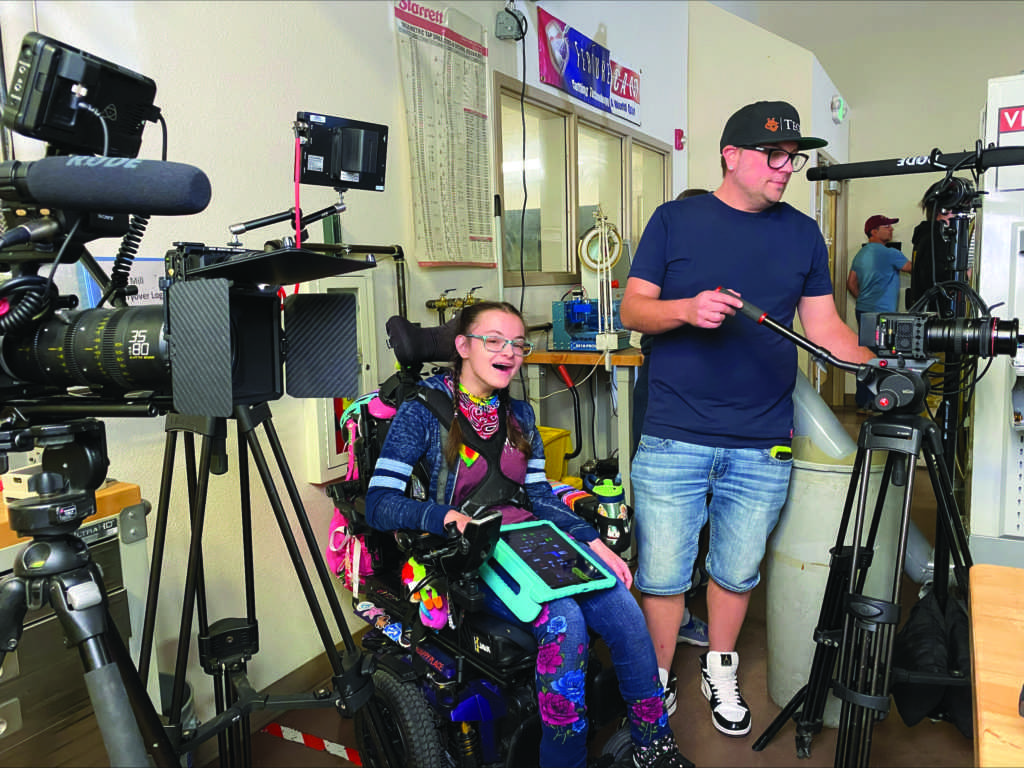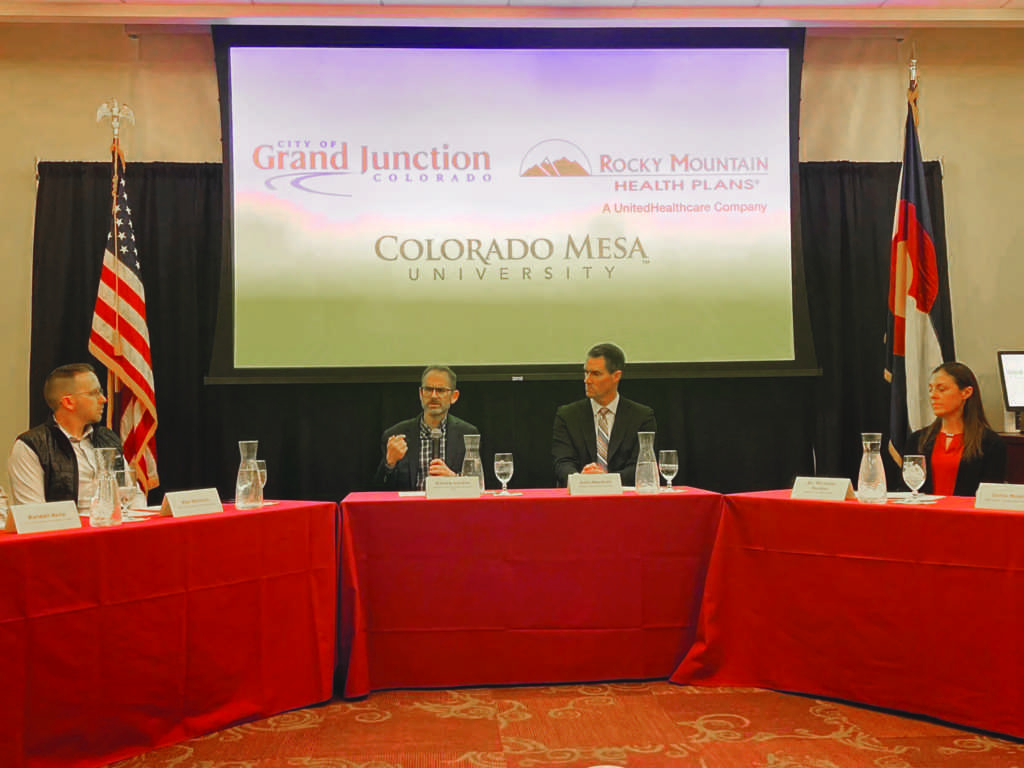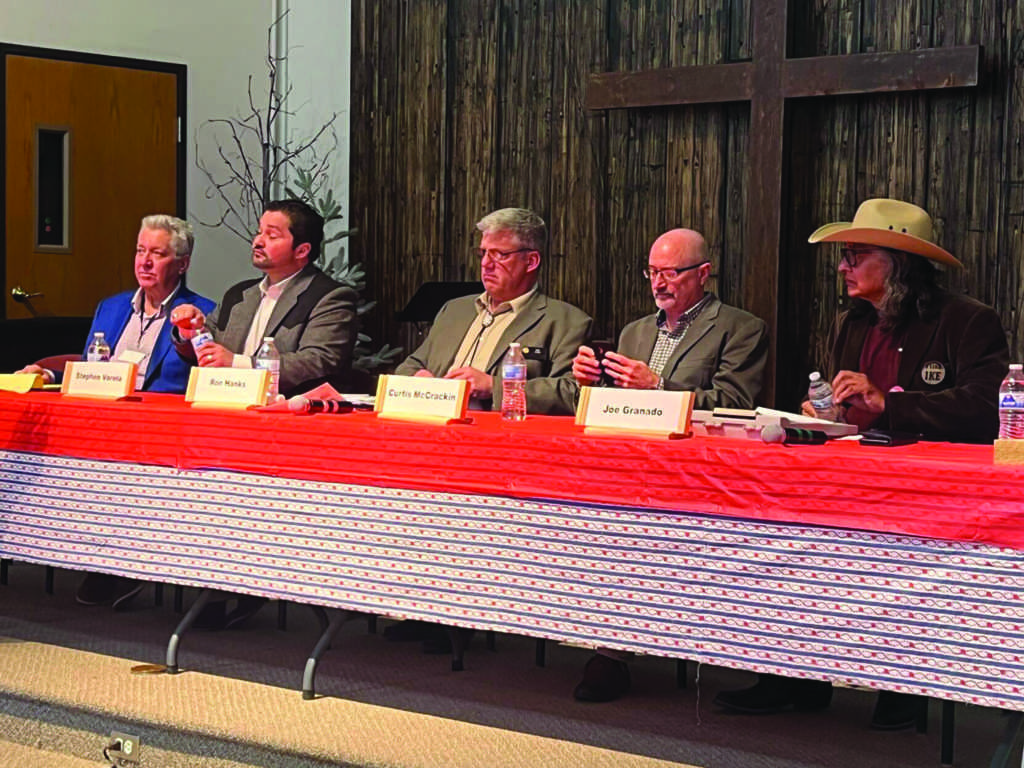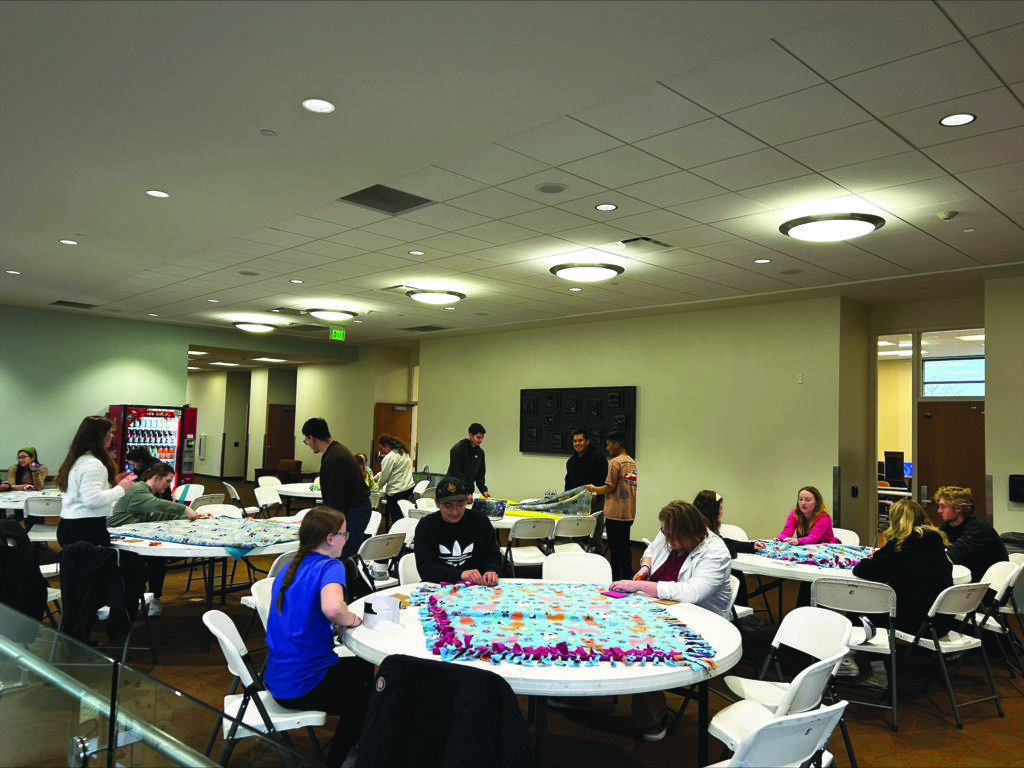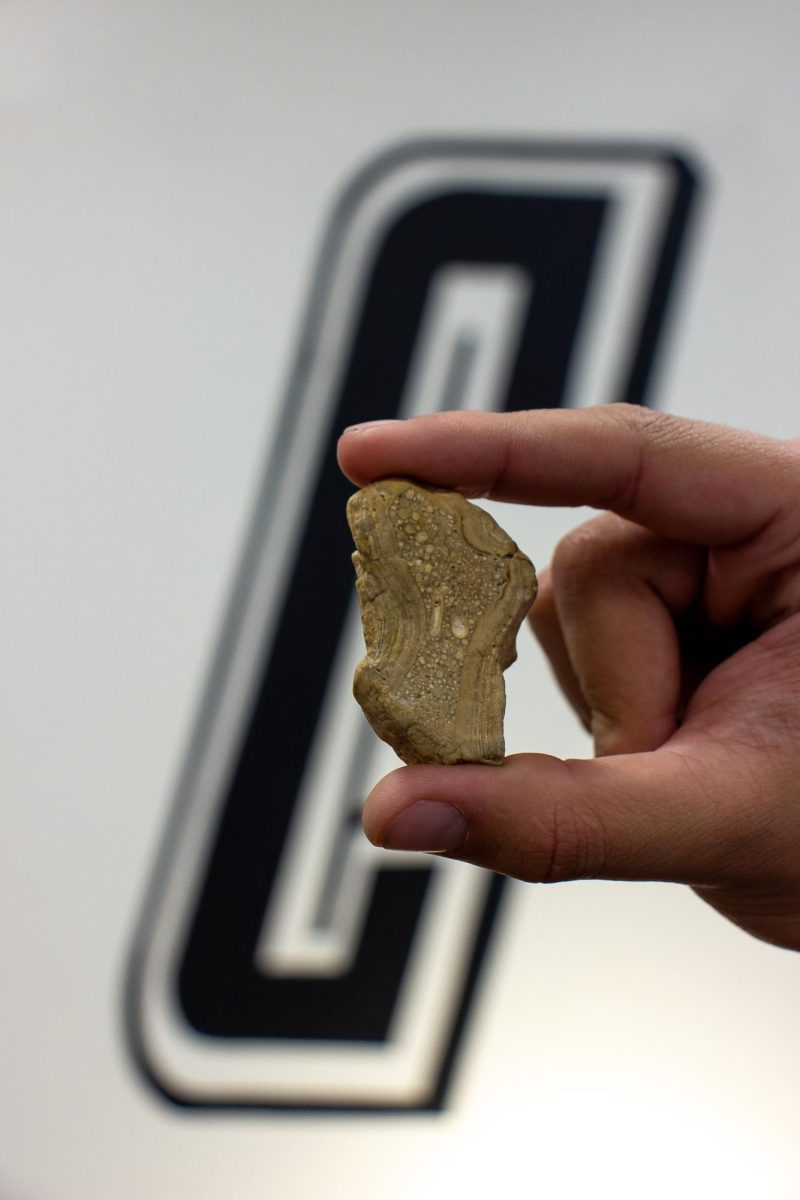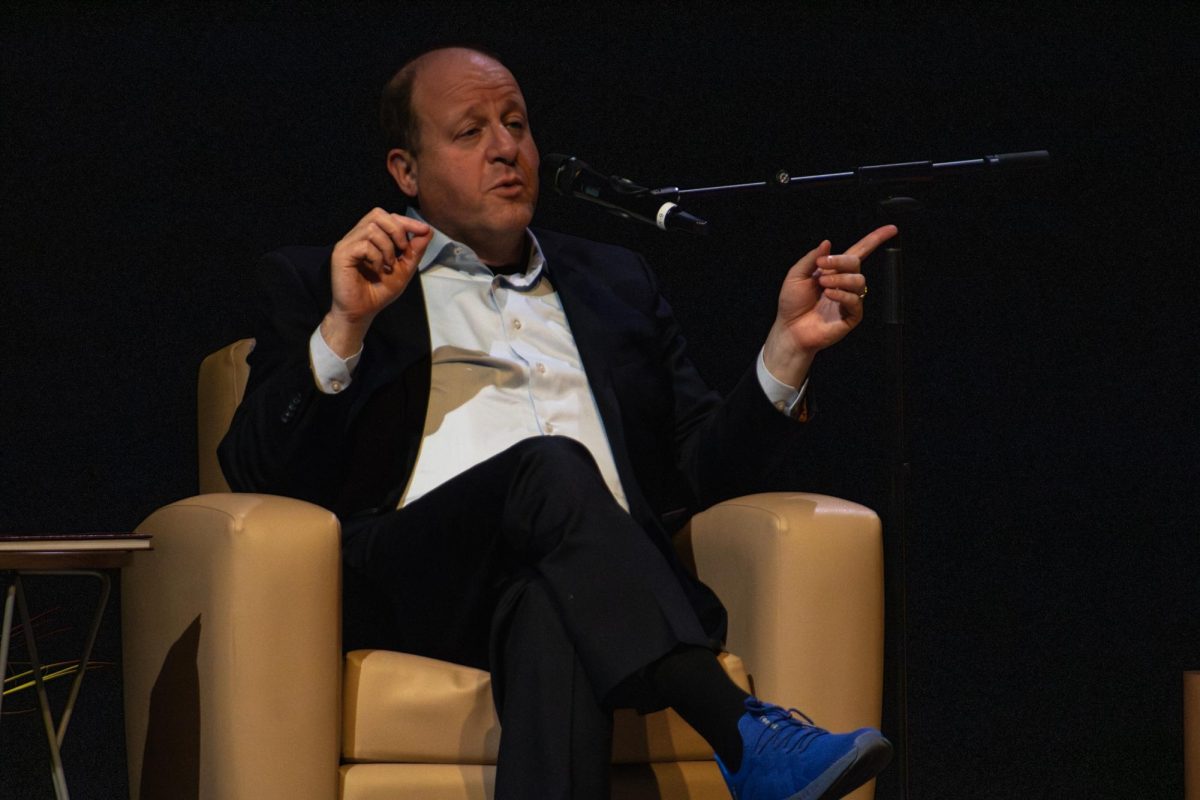The Climate Democracy Initiative (CDI) Student Summit served as a catalyst for dialogue and action, urging attendees to recognize the interconnectedness of democracy, climate justice and youth empowerment.
The event took place virtually on April 19 and featured Namatai Kwekweza, a prominent human rights activist, feminist and constitutionalism advocate from Zimbabwe as well as CDI members who have made changes in their communities.
Kwekweza is known for her tireless efforts in championing democracy and empowering young people. She shared insights into her journey as the founder of the youth activist organization WELEAD in 2017. During her presentation, she highlighted the challenges faced by young people across the world in accessing political representation.
Professor of Political Science at CMU and member of the CDI faculty advisory committee Dr. Tim Casey collaborated with CDI to host the event. Casey shared his thoughts on the event, stating that he thought it was interesting to hear Kwekweza and to get a broader global perspective.
“And then there was the speaker on mobile homes and water quality. Students can think about some of the challenges of living in a mobile home park. 40% of them are disabled, you know, they don’t own the land, even though they own the trailers. And so they can’t actually do repair work, even if they want to,” Casey said.
Casey emphasized the importance of merging climate initiatives with democratic reform. He said that the response to the climate crisis needs to be addressed in a democratic way at local, state and federal levels.
CDI Programs Director Natalie Montecino hopes the program will inspire young people all around the country to get involved in climate related issues.
“As an organization deeply committed to addressing the urgent challenges of climate change, we recognize the invaluable role of young people as catalysts for positive environmental action, and we hope to foster a culture of environmental stewardship that transcends generations,” Montecino said.
She went on to explain that background doesn’t matter. Before she got involved in CDI, Montecino did not see a place in the climate movement for herself. Her education in international studies and rural development did not seem relevant to the field at first. Montecino said she quickly realized that the climate movement needs a diverse skill set from each individual.
“This year, CDI is launching its inaugural cohort of student interns and fellows. Through these programs, we hope to extend experiential learning opportunities in the climate space to more students and recent graduates in Colorado. We encourage everyone, especially those that might not have a traditional entry-point into the climate movement, to apply,” Montecino said.
The CDI likened the state of the American democracy to a house with crumbling foundations thanks to deferred maintenance over decades in a statement
on their website. They also stated that there is a need for action now and emphasized that addressing democracy’s challenges is integral to effectively tackling environmental threats.
CDI encouraged participants to engage with their podcast series titled “Heatwaves of Change” as part of their outreach efforts. The first episode delves into the nexus between democracy and climate change, while also providing useful insight into the urgent actions required to help mitigate environmental risks.



